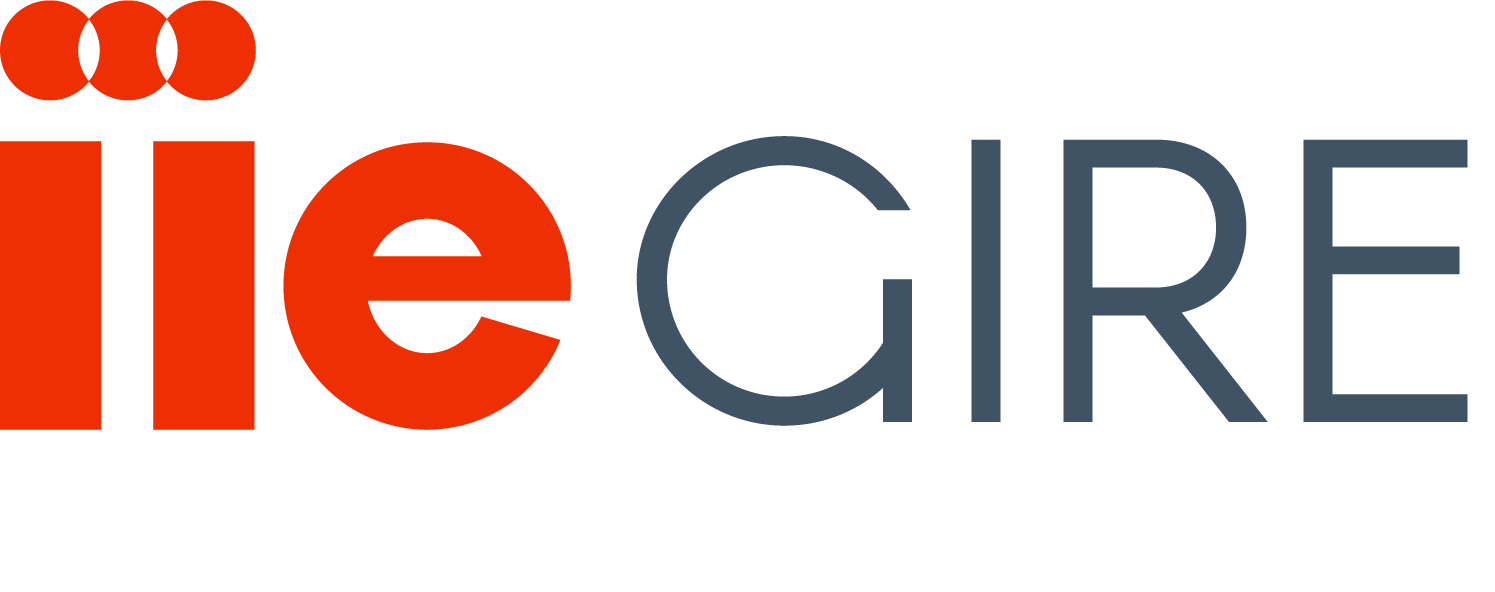
FAQs
How are COVID-19 and its possible impact on travel being addressed by the IIE-GIRE program?
We are aware of the uncertainty that the COVID-19 pandemic may have on Fellows’ travel and related program plans. The IIE-GIRE team is committed to the safety of each of our Fellows and to working flexibly with them to adjust to changes in travel restrictions, safety in home or host country, and Fellow health. We encourage all applicants to plan their application with the assumption that they will travel to their host institution and remain there for their planned period. Should circumstances require adjustments, the IIE-GIRE team will work with Fellows on a feasible alternative.
Students
Any changes in the proposed project must receive approval by the IIE-GIRE Scholarship manager. All changes are approved on a case by case basis.
Yes, recommendation letters translated into English from another language will be accepted.
All proposed projects must start between September 1st, 2019 and January 1st 2020. Proposed projects beginning before September 1st 2019 may be approved, but will be done so on a case by case basis. In these cases, applicants should keep in mind that fellowship disbursements will begin no earlier than September 1st, 2019.
Yes, the IIE-GIRE Fellowship is open to students who wish to extend current overseas research projects.
Applicants do not have to be enrolled in a PhD program at the time they submit their application. However, applicants must be enrolled in a PhD program by the time they begin their overseas research project.
No, IIE-GIRE program does not have any specific restrictions regarding the position of overseas faculty that applicants designate as their primary overseas contact.
Home Faculty Advisors
Advisors will be required to identify how IIE-GIRE grant funds will be used prior to disbursement. Advisors will also be asked to participate in a short interview and survey at some point to discuss their utilization of grant funds.